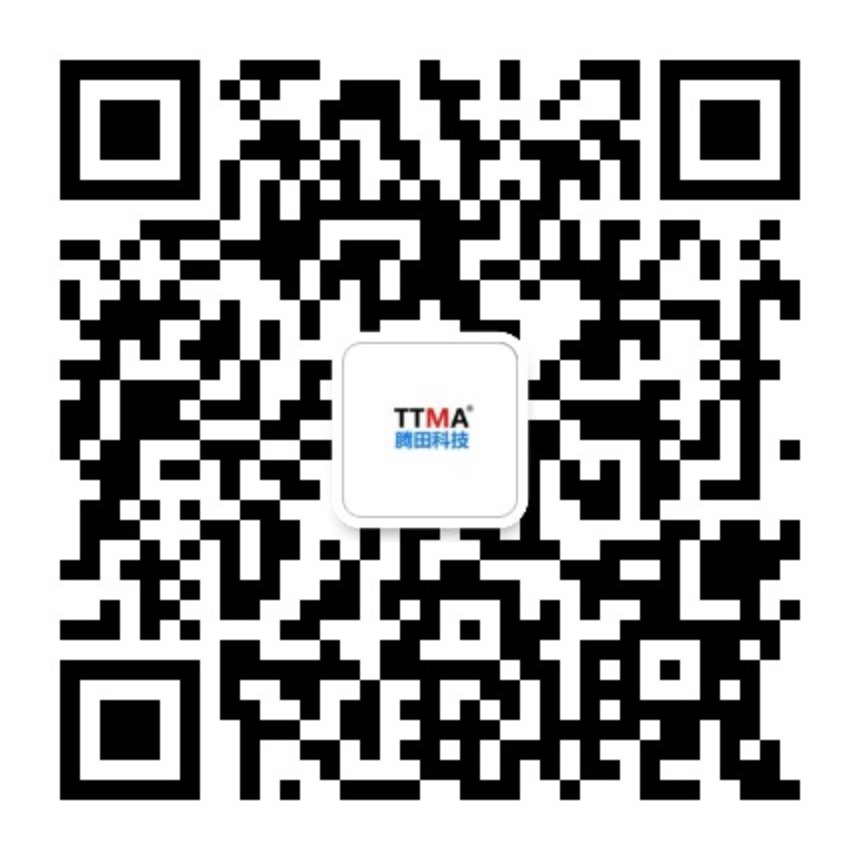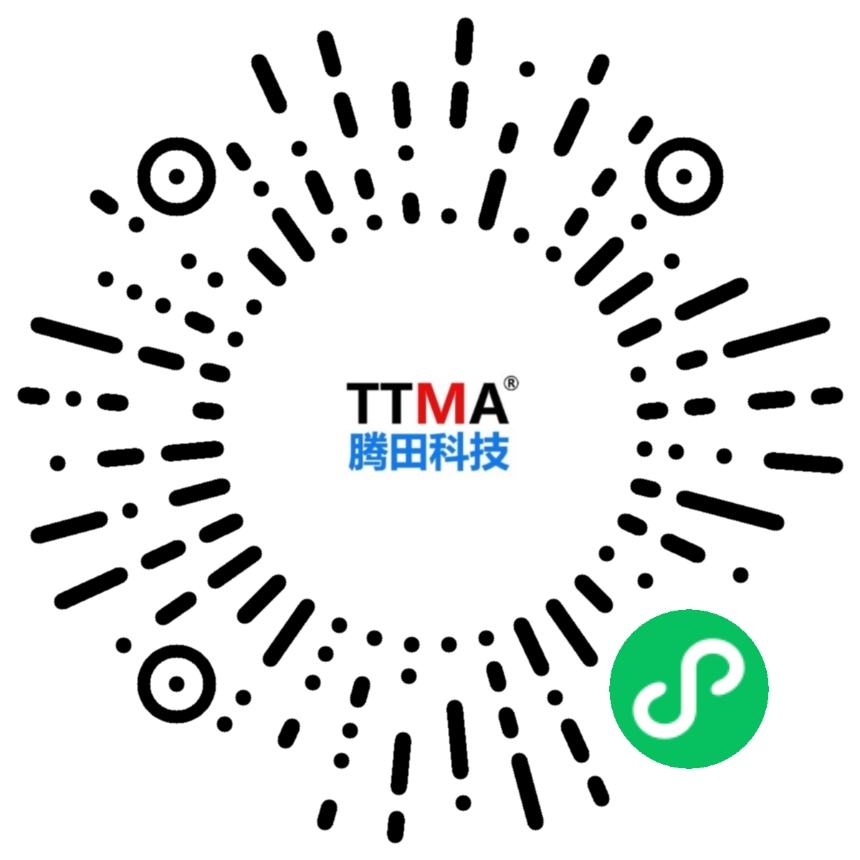Hotel revenue management is not equal to revenue cost management
- Categories:Industry News
- Author:
- Origin:
- Time of issue:2019-05-13 10:10
- Views:
(Summary description)Revenue management and revenue cost management have a common goal: increase revenue to maximize revenue. At present, the traditional concept of some hotel operators in China is that: hotel revenue management is revenue cost management.
Hotel revenue management is not equal to revenue cost management
(Summary description)Revenue management and revenue cost management have a common goal: increase revenue to maximize revenue. At present, the traditional concept of some hotel operators in China is that: hotel revenue management is revenue cost management.
- Categories:Industry News
- Author:
- Origin:
- Time of issue:2019-05-13 10:10
- Views:
Revenue Management (RM for short) is a modern scientific operation management method developed since the 1980s. The core is to be market-oriented, analyze and predict consumer behavior in each market segment through market segmentation, determine the optimal price and optimal stock allocation model, and maximize revenue. Revenue management covers price strategy, inventory control, forecasting and overbooking strategies. This management method has been widely adopted by hotels, aviation and other industries in many information-developed countries, and has created considerable economic benefits.
Cost Management (CM), also known as cost control, is an important means of financial management to maximize revenue by controlling costs. The specific content of cost control includes procurement costs, labor costs, processing costs, energy costs, etc. . Hotel revenue cost management is to tap the potential of costs to achieve the least cost and maximize the benefits.
Judging from the definition of the two, the two are completely different categories. However, revenue management and revenue cost management both share the same goal: increase revenue to maximize revenue. At present, the traditional concept of some hotel operators in China is that: hotel revenue management is revenue cost management. In fact, this is a confusion between the two concepts. What's interesting is that in many hotel revenue management training classes in our country, we often see many hotel financial managers. Their daily work revolves around cost control and financial management, but they are arranged to learn revenue management. In addition, in the hotel management textbooks of many colleges and universities in China, hotel cost control and revenue management are often arranged in the same chapter. With such a curriculum, it is inevitable that students will confuse their concepts. What's even more outrageous is that some hotels even put revenue management and revenue cost management under the management of the hotel finance department. As a result, the hotel's cost control has been strengthened, while the hotel's revenue management has been ignored.
With the increase in the number of domestic and foreign tourists, China's hotel industry is showing a trend of rapid development. The increasingly sophisticated and mature market requires hotel operators to urgently implement efficient revenue management; and the increasing competition among hotels makes hotel cost control more and more important. Therefore, revenue management and revenue cost management are currently the most concerned topics in the hotel industry.
We can use the following two formulas and a diagram (see Figure 1) to help us understand these two different concepts:
Revenue cost management (income maximization) = optimal cost + least expenditure
Income management (income maximization) = optimal price + optimal stock allocation
Because domestic hotel operators do not pay attention to revenue management or mistakenly believe that revenue management is low-cost management, and pay too much attention to operating cost control, the following problems have appeared:
1. Low-cost pricing, vicious competition
An organization once conducted a survey on "Why hotel guests leave". Through a large number of guest return visits, it was concluded as follows: The departure of hotel guests was due to the following reasons: 25% of customers left because of service; 20 % Is because of comfort; 20% is because no one cares about them; 15% is because they found a more suitable hotel; 15% is because they found a cheaper price; and the remaining 5% is for other reasons. It can be seen that the reason why guests choose a hotel has little to do with the price of the hotel.
The survey results further showed that 80% of the guests were lost because they did not receive satisfactory services. The hotel could not achieve the service value they expected, and only 15% of the guests were dissatisfied with the price.
The most common revenue cost management is a cost-based pricing method. Although it is simple and easy to implement, it often lacks the flexibility of competition and cannot reflect the dynamic changes of market demand. Blindly lowering the price of products while ignoring the needs of customers and the value of the product itself often leads to vicious competition in the market. In fact, it can be seen from the survey results that “priceshopper” who do not have any loyalty do not account for a large proportion of the lost customers.
The basis of revenue management pricing focuses on changes in the relationship between supply and demand, and the value of products and services. Only by paying full attention to the needs of guests and shifting from profit-centered management to customer service-centered management can the value of each customer be effectively determined and treated differently through corresponding revenue control. This is one aspect of hotel revenue management. New direction.
2. Pay attention to sales channels and ignore market cultivation
In order to open up sales and occupy the market, traditional hotel companies often cooperate with many third-party sales channels, preferring to pay high commissions and reduce their own profits.
From Ctrip's "lowest price" promise, Qunar's "hotel low-price information integrator", to the rise of group buying websites in recent years, third-party sales channels have not only met consumers' comparative needs for hotel prices, but even To a certain extent, more price-sensitive hotel guests have been cultivated, and more and more guests are attracted by what they call "super low prices" and choose to order hotel products through third-party sales channels. As a result, the prices of hotel products have dropped again and again, and market profits have continued to shrink.
However, due to the asymmetry of third-party sales channels, inadequate communication and lack of communication, many guests blindly pursue low prices while getting negative product experiences, which results in poor reviews of the hotel. For the hotel, this is undoubtedly a kind of "killing the chicken and getting the eggs" in disguise, which is unexpected by the hotel.
Cost management-oriented hotel marketers are often concerned with the sale of products or services, and their loquat marketing focuses on competing for new customers. However, if the hotel is unable to retain guests through its services, but blindly attracts new customers at low prices, the benefits obtained will only be short-lived and will not last.
Compared with new customers, returning customers will bring more benefits to hotel companies. While savvy hoteliers strive to create new customers, they will find ways to transform customer satisfaction into lasting loyalty, just like new customers. Pay attention to the interests of regular customers, and establish long-term relationships with customers as the ultimate goal.
Therefore, it is better to keep old customers better than competing for new customers. Hotels should strengthen market cultivation and build a demand-oriented hotel consumer market.
3. Too much attention to cost and neglect of consumer experience
Cost control is a double-edged sword. It requires careful planning and operation of managers to enable a healthy interaction between revenue, cost and profit. Only by forming a virtuous circle can the hotel develop in the long run.
Some hotel operators prefer to reduce costs and mistakenly believe that low cost can achieve the goal of reducing expenditures and increasing revenue and obtaining ideal economic benefits. However, they often go against their expectations. Low-cost hotel operation often brings many negative factors that affect the sustainable development of hotels. For example, in the restaurants of high-star hotels, the daily cost of live piano performance is very high. In order to reduce operating costs, some hotels will cancel daily piano performance and switch to background music. Live piano playing and background music play are completely different in creating the restaurant environment and atmosphere. The cancellation of live piano playing in order to reduce costs will also greatly reduce the service level of hotels and restaurants, and it may also lose some of the food. Consumers with high demands on the environment.
At present, the hotel industry has entered the experience era. Facing the personalized experience needs of customers, hotel companies must provide personalized experiential services that better meet the needs of guests to retain customers in order to maintain good guest relationships and pursue sustainable competitive advantages. Therefore, hotels should focus on management to improve service quality and customer consumer experience.
4. Lack of forecasting the market, blindly pursuing high opening rates
During holidays and large-scale exhibitions, hotels are often full and it is hard to find a room. Many hotels generally achieve high occupancy rates during this period. But a high occupancy rate does not mean a high profit rate. To maximize revenue and profit, the hotel must also have a complete set of forecasting and control methods for peak and off-season demand.
Because there are often certain differences between pre-sales and actual occupancy, how to predict and control this difference to ensure the actual occupancy rate is a problem that hotels often face, especially during peak seasons. As far as the hotel is concerned, it is necessary to ensure the highest possible occupancy rate, but also to avoid the embarrassment of overbooking and leaving guests without rooms. This will affect the reputation of the hotel and its future source market. Therefore, a precise overbooking control is an important tool to ensure that the hotel minimizes the loss of customer service under the condition of maximum profit.
Furthermore, group sales are almost a business involved in every hotel. In most cases, group sales will give a certain discount to hotel room rates. In order to pursue high opening rates, some hotels often sell some rooms to travel agencies or intermediaries in advance at lower prices, and even some hotels use tour groups as their main source of customers. Too high room opening rate will inevitably increase the loss of hotel facilities and supplies such as elevators, linens, guest rooms, restaurants, etc. If the hotel has been in a state of high room opening rate, the hotel facilities and facilities will not receive regular maintenance and maintenance.
Therefore, in the hotel management process, we must keep a clear head, strictly prevent lowering the price, and blindly pursue the so-called "fullness" effect. Facts have proved that the pursuit of "fullness" may outweigh the gains, and the scientific open rate should be around 70% to 80% on average throughout the year.
How to quantitatively analyze group sales and effectively control the degree of discount is a very important part of revenue management. Correspondingly, sales and wholesale agents can also be optimized through revenue management.
5. High house prices equal high returns
Traditional cost management operators believe that in the case of the lowest cost, the higher the price of the hotel’s main product rooms, the greater the revenue. The price management of these hotels is often single, basically there are only two prices, the peak season price and the off-season price. And this price management model, which blindly pursues high housing prices, will eventually be eliminated by the market due to its lack of flexibility and pertinence.
The price management based on revenue management ranges from a single static price, to multiple dynamic prices, and then to a comprehensive optimization of price control. Through a series of market segmentation and effective control, the function of price leverage is maximized. . Some common revenue management pricing methods, such as real-time bidding pricing, floating pricing, competitive pricing, etc.
Scan the QR code to read on your phone
-
Tel
-
QQ
-
Wechat

-
Top


Tel: 020-87470512/18026254588(Wechat )
Email: ttma_gz@163.com
HO: Room 1208, Baiyun Electric Technology Building, 1633 Beitai Road, Baiyun District, Guangzhou
Add: No. 37, Fenghe Jiangniu Road, Renhe Town, Baiyun District, Guangzhou
No.19, Taocun Industrial Zone, Beijiao Town, Shunde District, Foshan City, Guangdong Province
Copyright © 2020 Guangzhou Tengtian Machinery Industry Co., Ltd. All Rights reserved 粤ICP备20010952号
By: 300.cn





